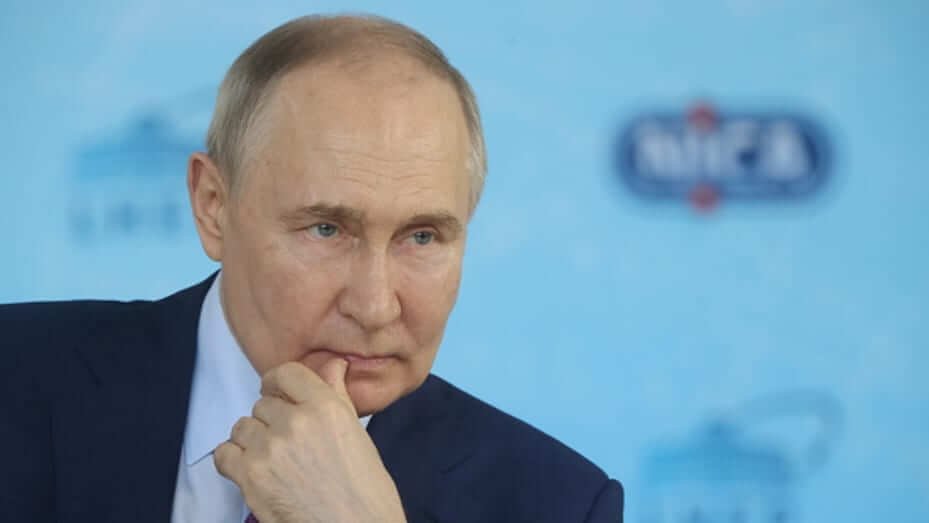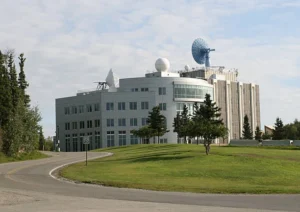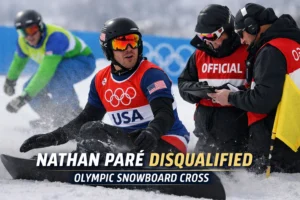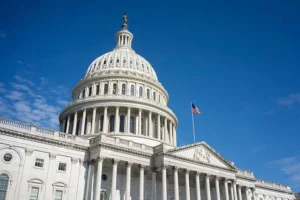The Kremlin dismissed speculation of imminent Putin-Zelensky summit talks even as US President Donald Trump renewed calls for negotiations. On Monday, Trump met Vladimir Putin in Alaska last week and welcomed Ukrainian President Volodymyr Zelensky alongside seven European leaders at the White House.
The president admitted that resolving the war remained difficult and conceded that Putin might not genuinely seek peace despite suggesting openness during conversations. Although initially advocating a three-way summit, Trump pivoted, now proposing that Zelensky and Putin should meet directly without his participation.
He said he would join later if necessary but preferred watching developments unfold first, reflecting caution about overstating US influence. Russian Foreign Minister Sergei Lavrov downplayed Putin’s vague openness, stressing that any meeting must progress gradually, beginning with experts before official leader-level engagement.
Deputy UN envoy Dimitri Polyanskiy said Russia had not rejected direct talks but warned meetings should serve a purpose, not symbolism alone. Reports suggested Putin floated an idea for Zelenskyy to travel to Moscow, an option Kyiv almost certainly would never accept.
Analysts described that proposal as a deliberate nonstarter, framing Russia’s posture while avoiding substantive concessions likely demanded during genuine negotiations. NATO military chiefs plan to meet virtually on Wednesday while AK Admiral Tony Radakin visits Washington to discuss possible reassurance deployments.
Trump previously claimed he could secure a ceasefire from Putin, but no agreement materialized, leaving peace efforts stalled and complicated. Instead, he now suggests Ukraine and Russia bypass temporary ceasefires and move directly toward permanent peace, emphasizing security guarantees vital for Kyiv. Zelensky and European leaders pressed Trump, focusing on security commitments essential to protecting Ukrainian sovereignty and ensuring Moscow honors future agreements.












